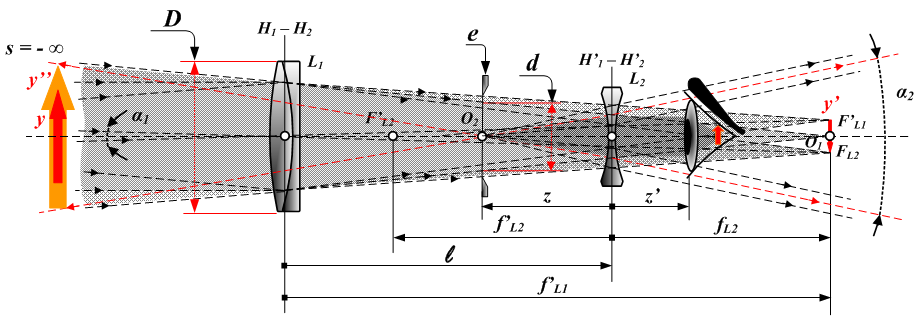F. débaucher is, according to Littré and Hatzfeld, derived from n. bauche, of which the precise sense and origin are according to the latter unknown; according to the former it = ‘a place of work, workshop’, so that desbaucher would mean orig. ‘to draw away from the workshop, from one’s work or duty’.
Oxford English Dictionary
I used to introduce my writing workshops by explaining the etymology of “debauchery”. Today, the word means “a vicious indulgence in sensual pleasures”, but it stems from “seduction from duty, integrity, or virtue; corruption.” The modern sense of “debauch” apparently emerged in the 17th century, i.e., at the beginning of the modern era, when we began to separate the pursuit of profit from the pursuit of pleasure. Today, of course, these pursuits are specialized, and localized in places like factories and brothels, office buildings and movie houses. We commute back and forth between drudgery and debauchery, meaningless toil and mindless fun.
The central message of this blog is that we must learn to “get back to work”, that in a “post-industrial” age that is becoming a little too comfortable with the idea of “knowledge production”, we must insist on research as a craft. A workshop is a place to take craftsmanship seriously and derive pleasure from the first-hand manipulation of materials. Quality in any art, I believe, depends on integrating (and in our age this means reintegrating) productivity and sensuality, industry and creativity. It is the opposite of the vicious indulgence in sensual pleasures — the pursuit of false pleasure, we might say. Quality is a true pleasure; it is the sensuality of work. We are not just ‘producers’, we are makers.
It is precisely in the development of a craft, after all, that it is important to see yourself as someone who makes something, not a merely particular kind of being. It is true that becoming a scholar will change you as a person, but it is your activities that will change you, not some act of will, and certainly not some state of mind.
I have found, for example, that many students, and even young faculty members, need to become much more assertive, much more confident about what they have to say. Some of them think they are following the example of the self-deprecating scholar who always reminds you how little they know, how new this topic is to them, how difficult it is even for them to understand. The students who witness this performance forget that it is an exercise in irony. The pose of the searching, uncertain scholar is grounded in an underlying confidence in their ability to speak intelligently on a range of subjects (those that define their field). Don’t think that if a famous scholar admits to being uncertain then your uncertainty, and your willingness to admit it, is a sure sign that you’ve got a future in scholarship. Look at what scholars do, not what they say they are, and ask yourself whether you can do it too.
And ask yourself whether you like it — indeed, whether you love it. Learn of the green world whether scholarship is the right place for you. “Pull down thy vanity,” as Ezra Pound put it, “what thou lovest well will not be reft from thee.” That passage seems to have inspired both Leonard Cohen and his mentor, Irving Layton.

The Metropolitan Museum of Art
Poets, especially those working in the tradition of the troubadours, have long insisted on the continuity of the art of poetry with the craft of love. They approached it as one integrated skill. “What thou lovest well remains,” says Pound, “the rest is dross.” Taking that as his title, Cohen meets an old acquaintance in a hotel room and blushes at the “hope and habits in the craft.” Ultimately, he finds himself happy that “we own our own skins”.
The “deliquesence”, as Pound might say, of both arts — of love and of poetry — can be traced to the deformations of capitalism, which Pound identified first as usury and later as simple avarice — or, more precisely, to the enticement to leave the workshop for more lucrative avenues of pleasure. The lust for easy profit inspires “the indefinite wobble” of language, the deterioration of craftsmanship, “the diffidence that falters.”
We must pull down our vanity. Pound finally attributed his “errors and wrecks” to the “mean[ness of his] hate”. “Love,” shouts Layton, “find me, spinning around in error. . . . Then strike, witless bitch, blind me.” Looking for love, he had “scooped up his hands with air”, perhaps unwittingly the same air from which Pound had “gathered a live tradition.” Cohen invokes “the perfect inflammatory word”. It’s the mot juste, I suppose, that we’re all looking for: some small sign that “it coheres all right/ even if my notes do not cohere,” as Pound puts it (Canto CXVI).
What I am searching for in this post is the sense of craftsmanship that keeps literary quality alive in the face of industry and entertainment, the obligations of the factory and the enticements of the dance hall, the equally empty threat of loveless work and promise of loveless pleasure. “If love be not in the house there is nothing,” said Pound. The workshop is where work is done with love still there. Ever imperfect in our inflammations, we try to keep it together, to find our composure, to pour our words into some stable vessel, to “make a gift of necessity”. But in the end it must cohere.
The rest is dross.
__________
*This post brings together (and gently reworks) two old posts of mine. One is from 2005, back in the early days of the “poetry blogosphere”. The other is from 2011 at my now-retired blog about academic writing. I’m pleased to note the constancy of my obsessions, and embarrassed about how long I’ve been promising to write a book.
